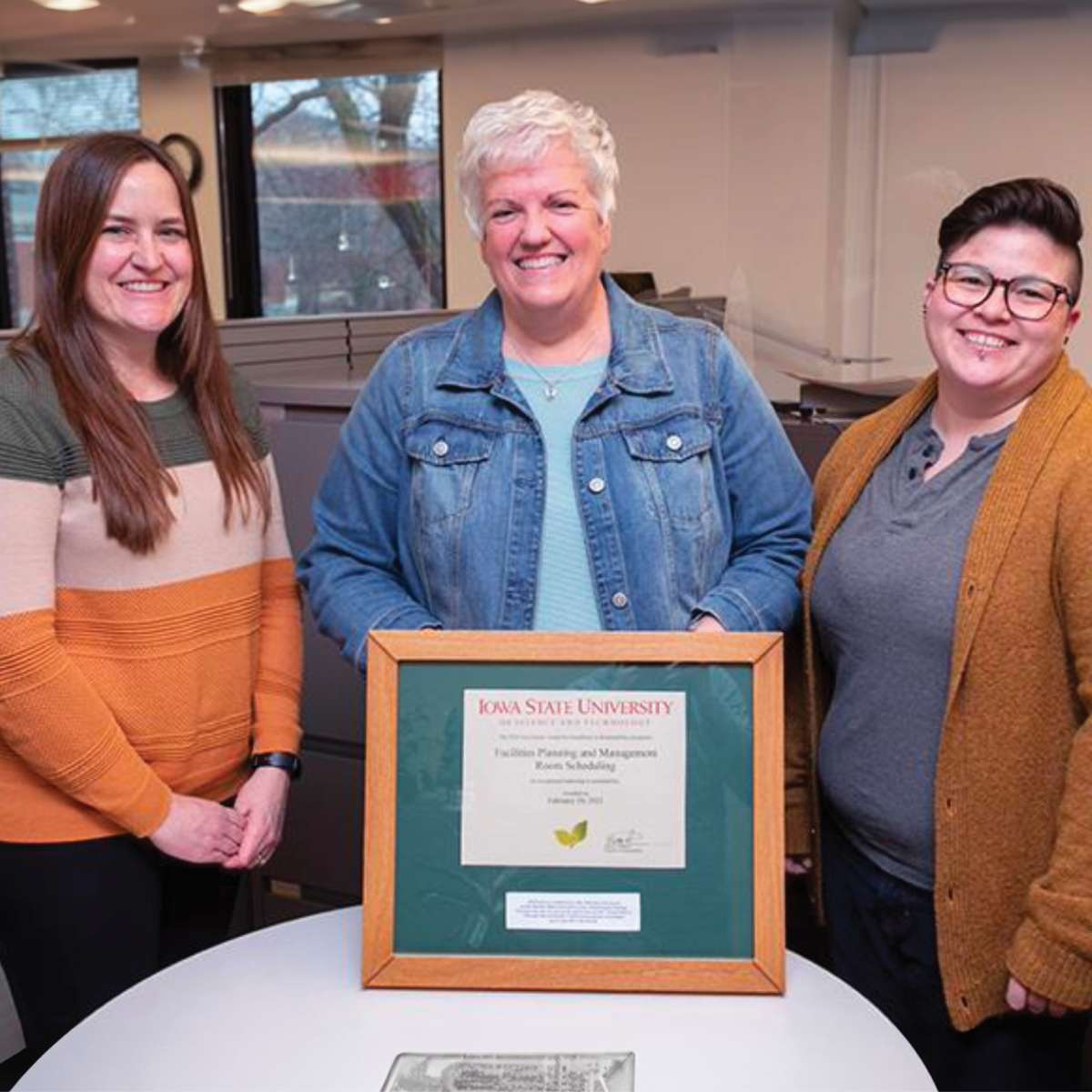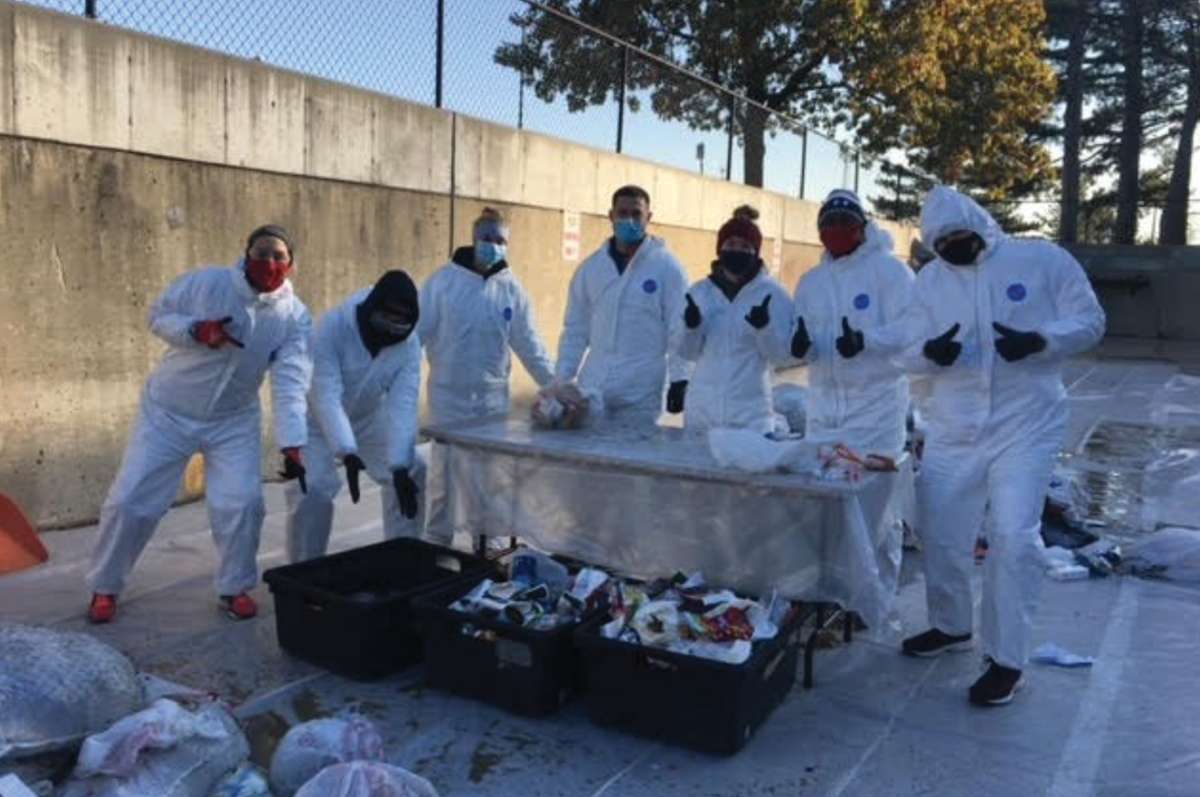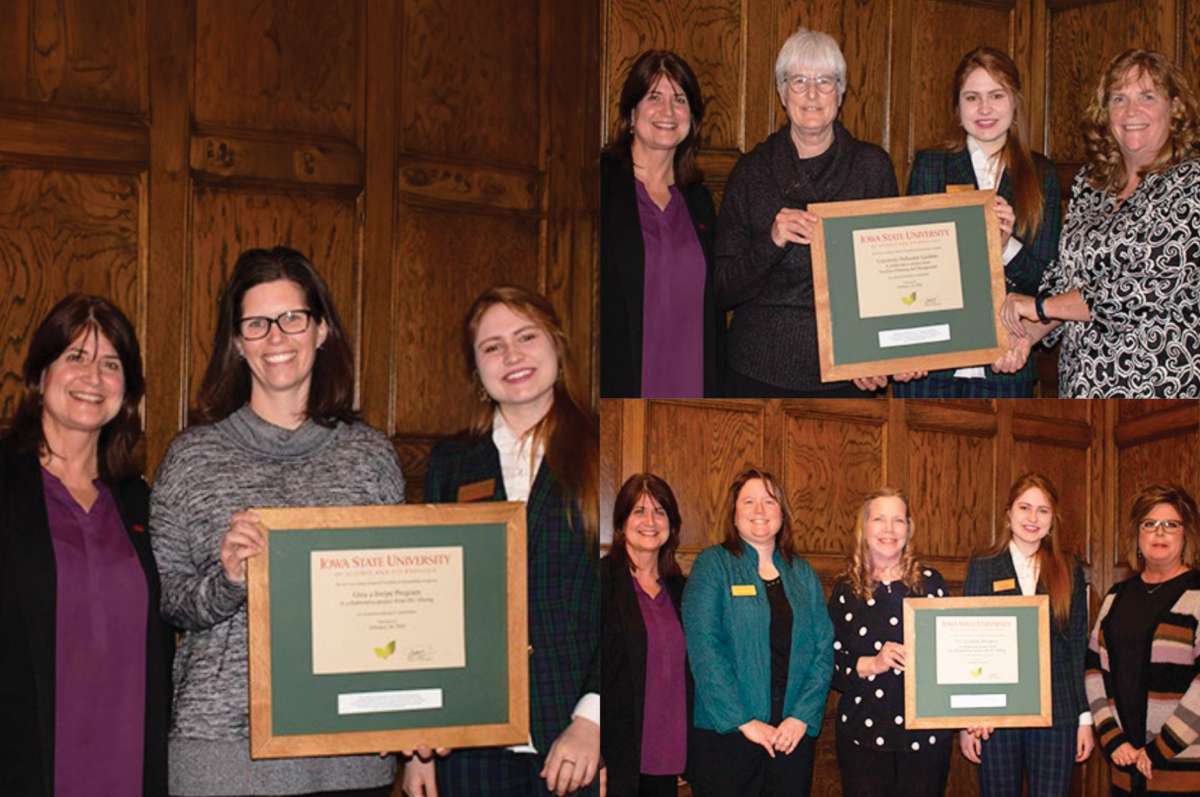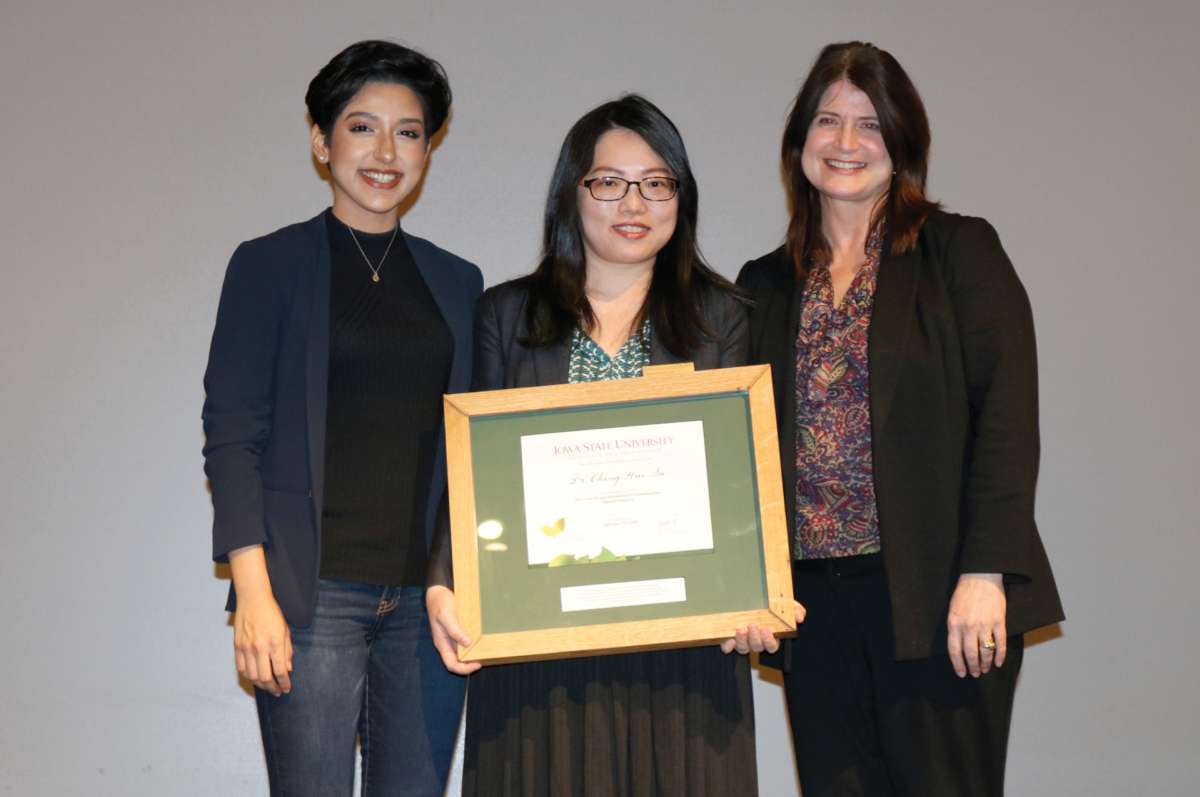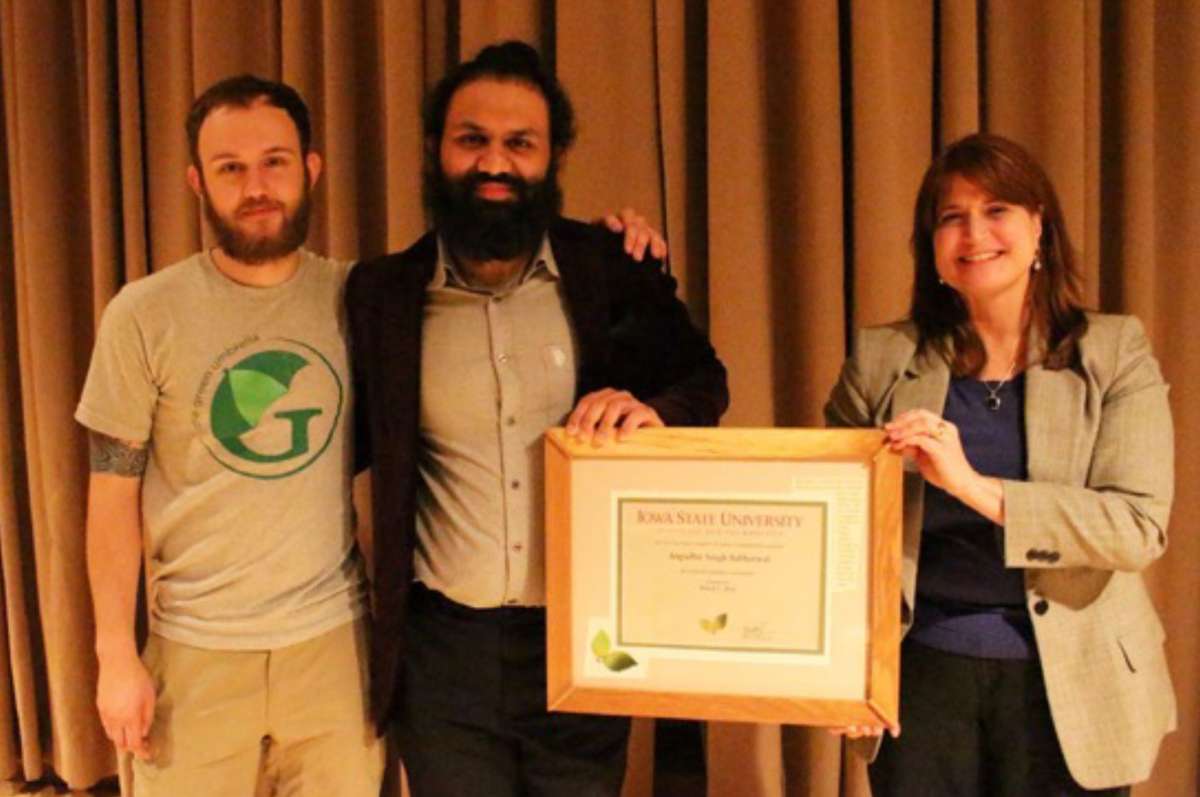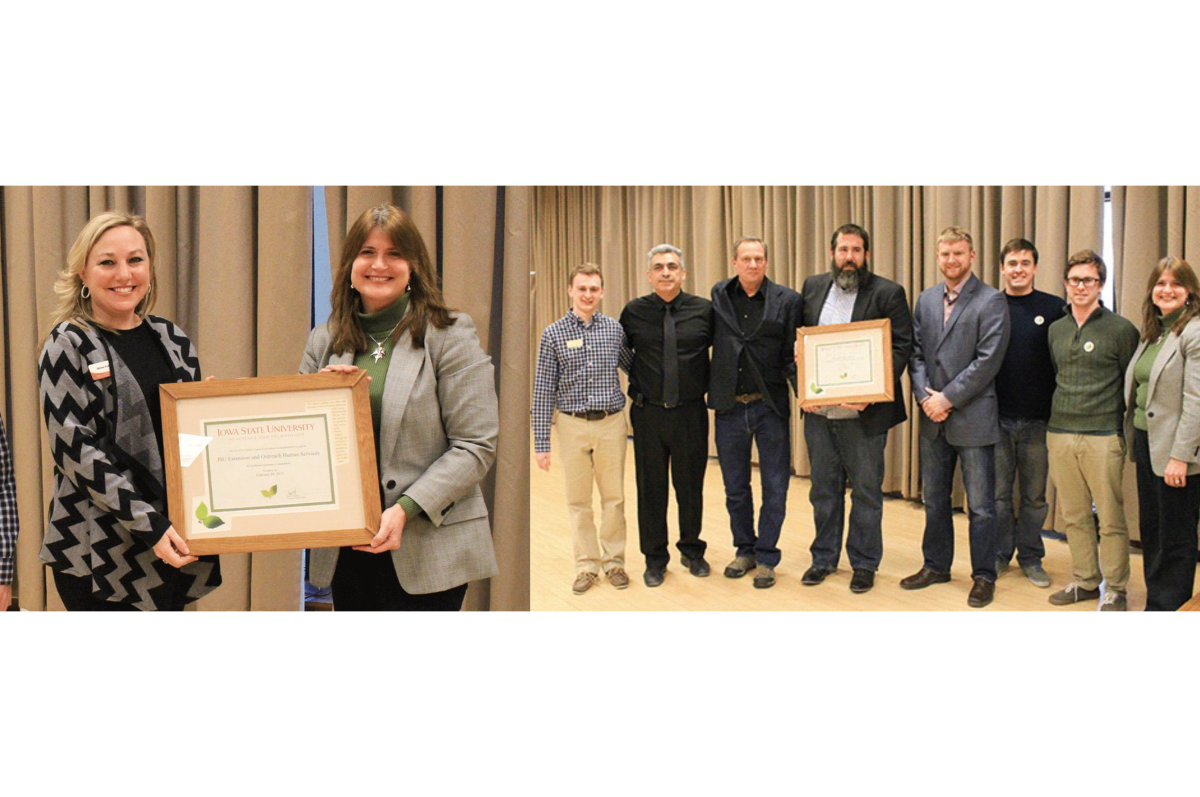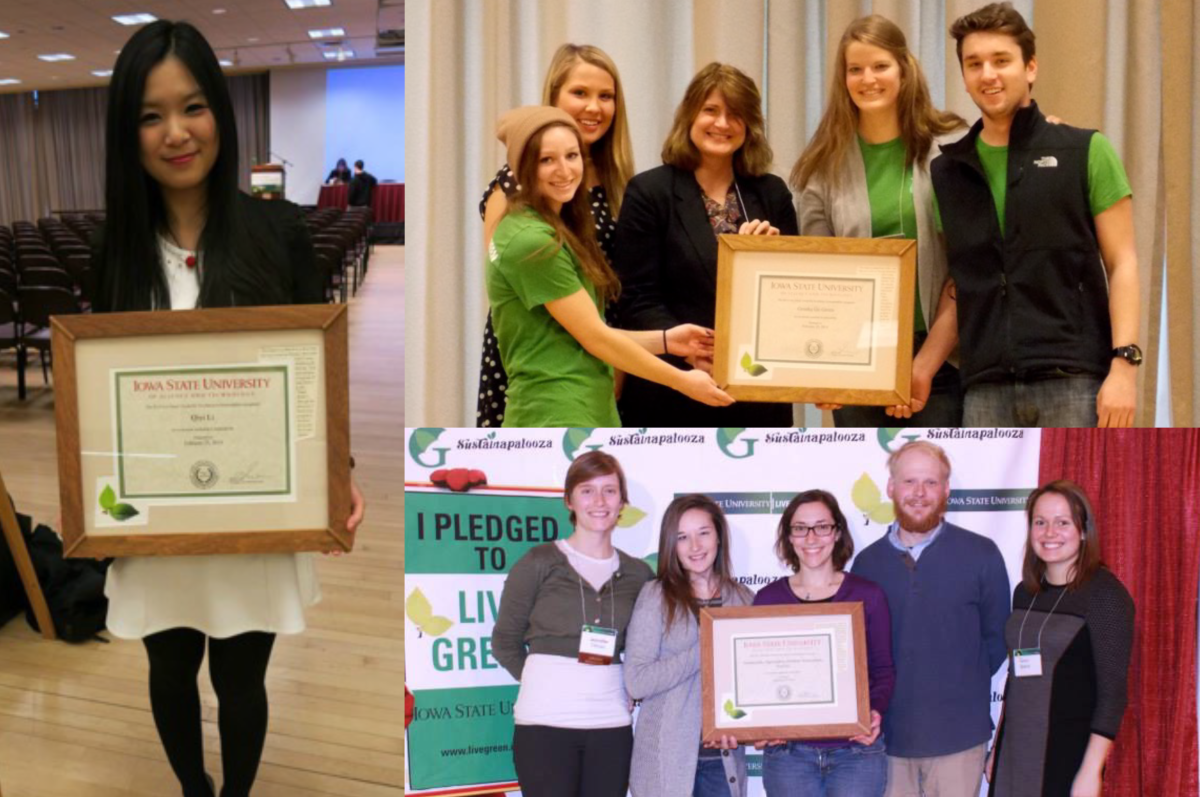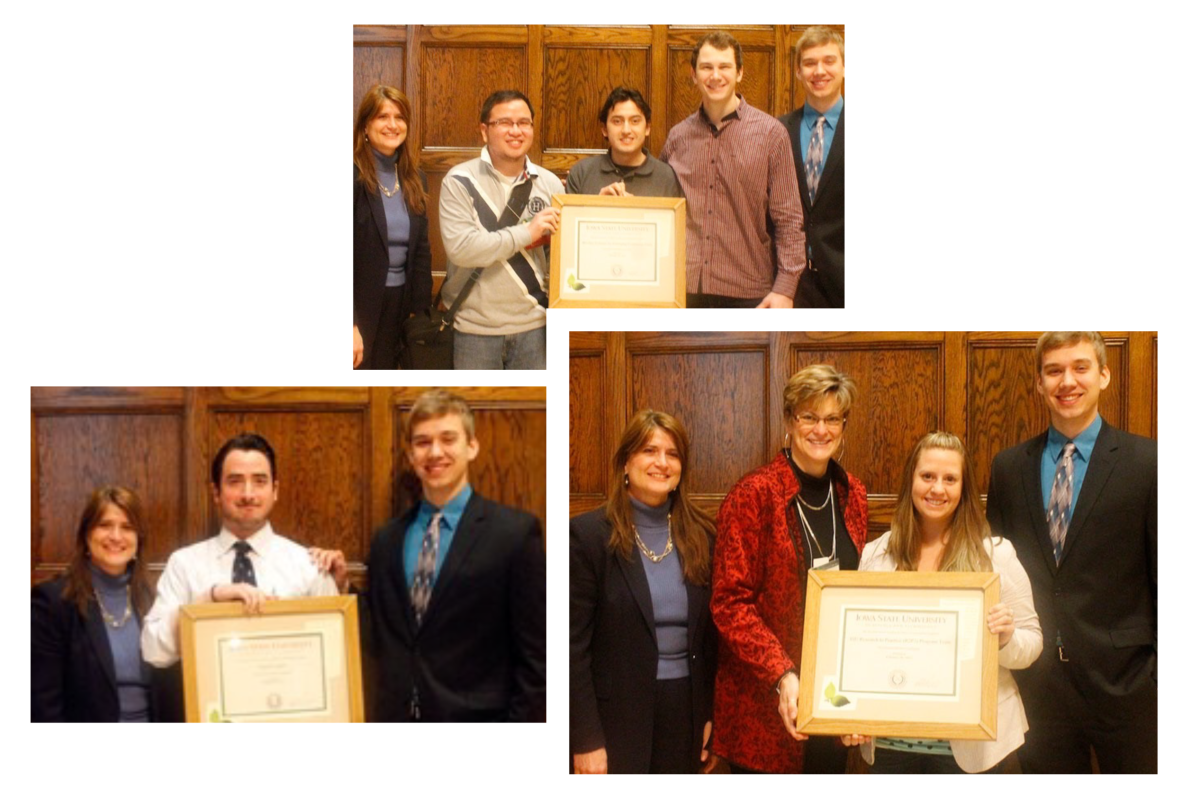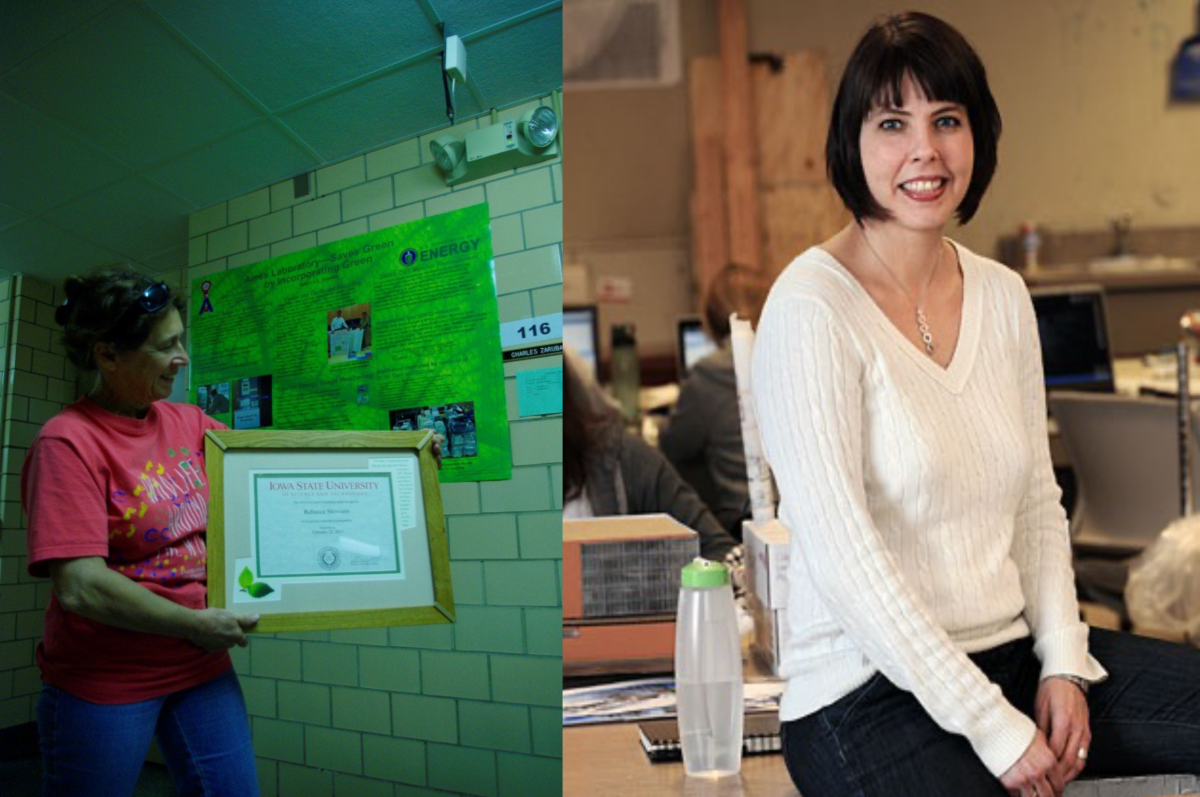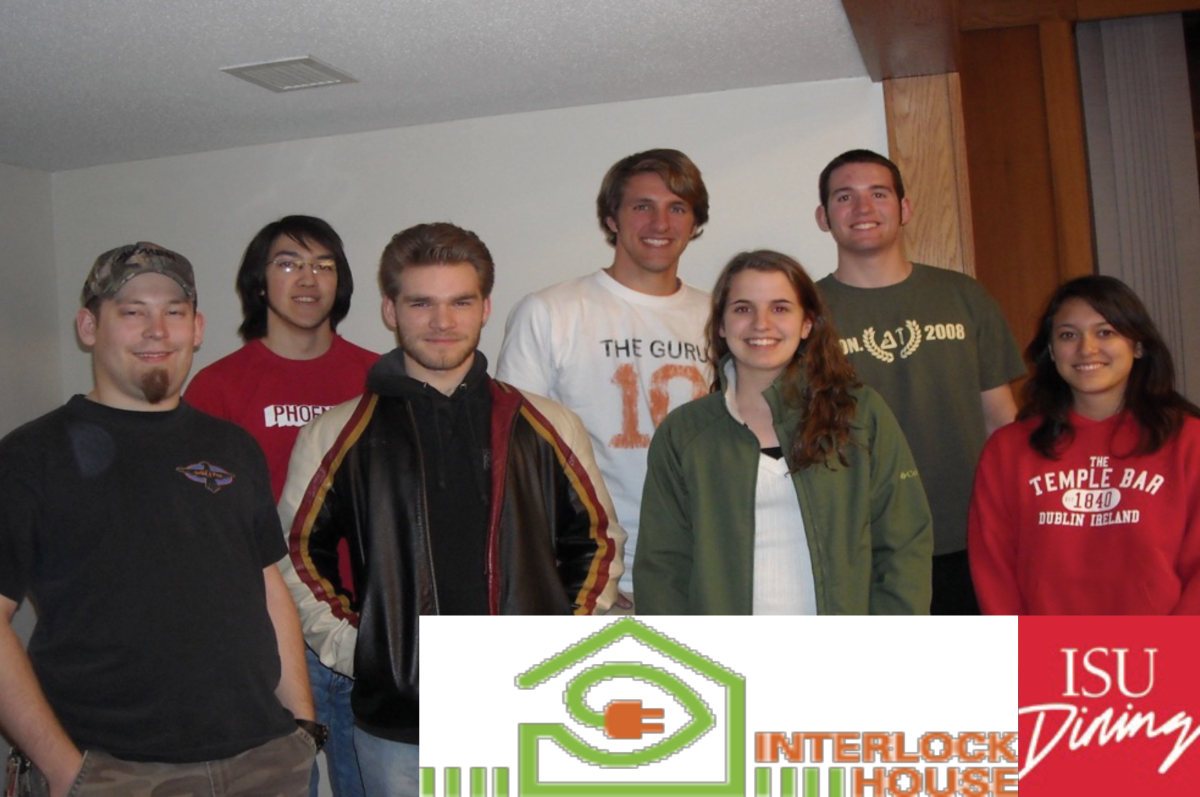Facilities Planning and Management – Room Scheduling
Several years ago, Facilities Planning and Management Room Scheduling set a personal challenge to stop wasting paper. Through their campus responsibilities, they found themselves receiving, handling and adding tens of thousands of pages of paper forms, documents and reports each semester to the university’s waste stream.
And the challenge began.
First, related to special event room requests. To meet this challenge, Room Scheduling partnered with Facilities Planning and Management Technology Services to create a database to allow a fully online and paperless system for any special event room reservation. Second, related to academic course scheduling. To meet this challenge, Room Scheduling collaborated with the Office of the Registrar to move from a paper-dependent system to one nearly fully void of paper requirements. Functions now fully paperless include course change forms, room assignments and section course offerings (the Gray Bar report). A collaboration described by the Office of the Registrar as “Sustainability at its finest!”
Through this dedicated commitment, Room Scheduling ensured the reduction paper demand and consumption during 2022 academic year by over 1,000 reams of paper. Congratulations to Facilities Planning and Management Room Scheduling Team Members: Kathleen Baumgarn, Alesha Magee and Elizabeth Salton
